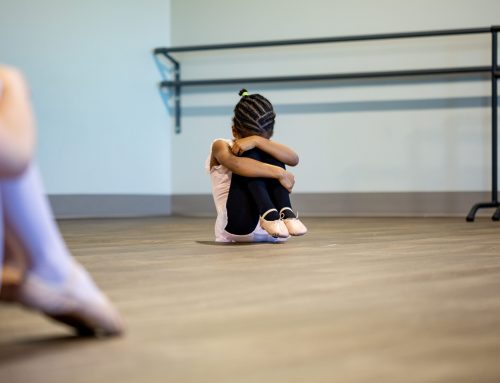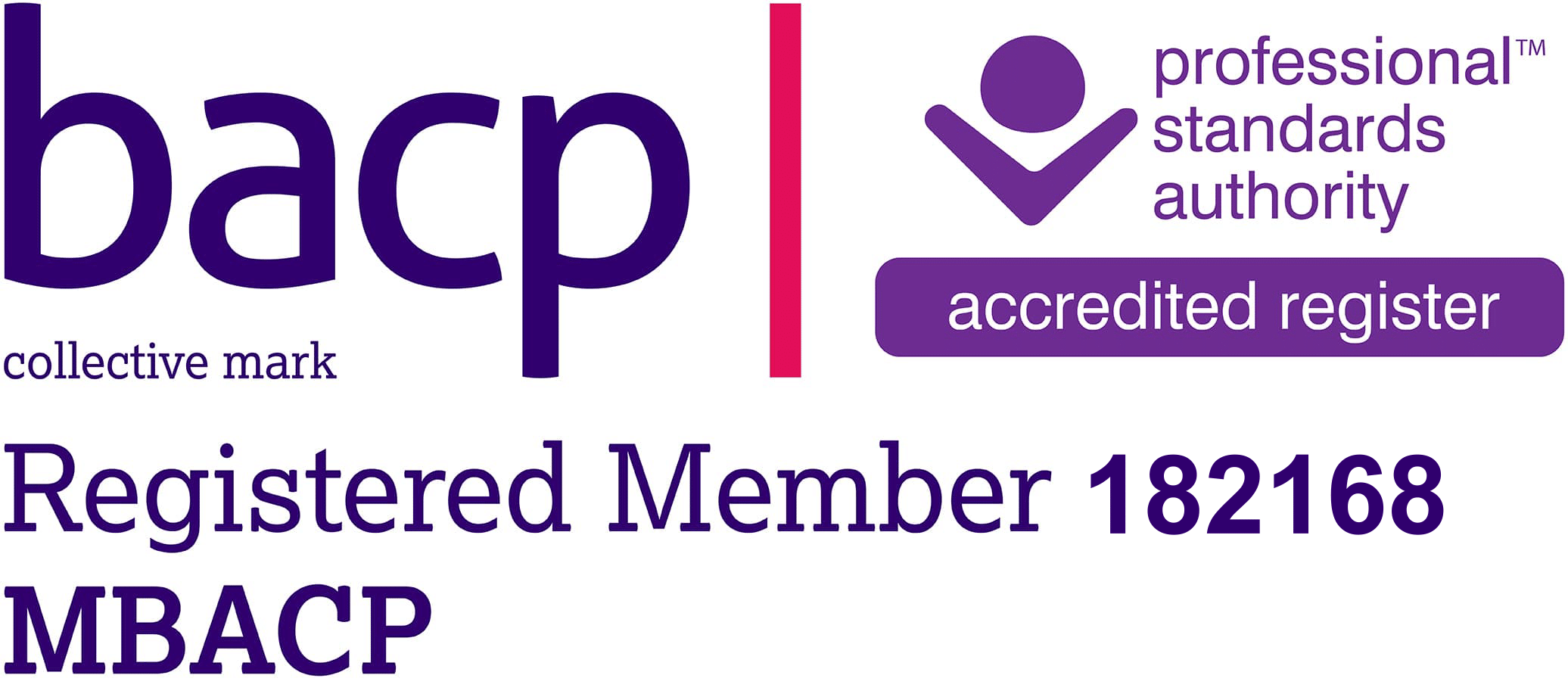Well – how do you do that? And why should you? What is resilience anyway?
Well, in the context of humans, resilience is: the ability of a person to adjust to or recover readily from illness, adversity, or major life changes.
Resilience then is our bounce-back-ability.
Resilience building then is the way we strengthen our bounce-back-ability.
Why would we need to do that? (- is this a stupid question?)
We have collectively been going through a worldwide pandemic for the best part of a year. Life as we know it hasn’t been as we knew it for most of this time. We haven’t been able to do the things that we normally love, nor see or have physical contact with those that we normally love. We haven’t even been able to do the things that we previously felt were a chore.
This has been true in varying degrees for all of us. So, I think this would meet the criteria for ‘adversity’ or ‘major life changes’. Even if you are a COVID-denier (please don’t try to re-educate me if you are), what you cannot deny is that it’s had an impact on you and how you live your life.
Sometimes it might feel like an effort to keep going, to get out of bed, to pick up the phone or join that zoom meeting. Sometimes you might have felt more bored, sad or alone than you have ever felt. We are all feeling it, to a degree. I’m lucky, I have a roof over my head, a business that runs online, my partner has continued to run his business throughout, we even went on holiday last summer. And yet – I have felt my resilience waning.
How do I notice?
I think that low resilience is very similar to feeling depressed (see my last blog for more info): so I would say changes in sleep, increasing irritability or moodiness, general lethargy and a feeling of ‘can’t be arsed’. I think what’s different is the persistency of it.
Most of us of course, do be arsed because we have work to do, business to run or dependents to sort out – but the feeling is still there, and dragging oneself off the sofa can be a challenge. (Half-arsed is better than no-arsed after all)
It would be better though, to feel better about doing all the things.
Resilience building.
Okay – how do we do this? Well, its really quite boring I’m afraid. And it’s not rocket science either.
We take better care of ourselves.
That’s it.
The thing is though, you have to actually do it.
I suggest that in order to take better care of yourself, you need to:
- Drink more water
- Eat the right foods for you
- Exercise! Get moving, get your heart pumping (it’s called cardio) and do something to keep you flexible (we’re all getting on a bit now, and you don’t want to be like your Nana)
- Meditate
- Get some rest & sleep
- Tidy up
- Be kind to ourselves (and others)
This is the minimum. It sounds really simple, and it is. But in practice, it’s actually quite hard to do. Try it, and let me know how you get on!
Honestly, these things will make you more resilient. There will be days when you don’t feel like it – but I will guarantee you will feel better if you do them. There will be days when you won’t prioritise it – but I will guarantee you will feel better if you do them. Some days you will feel like you are wasting your time, some days whatever you’re trying to do will feel like wading through treacle – have a rest: it’s on the list! Then get up again.
And this is the key – getting up again.
If you don’t do everything (or anything) one day, don’t just give up – start again the next day, or even later the same day, whenever you realise you didn’t do something.
Don’t beat yourself up – be kind to yourself: it’s on the list!
Make this a practice, not a perfect. You don’t have to be perfect. You just have to practice, and that means doing something over and over again.
Resilience building: it’s a practice, not a perfect.






